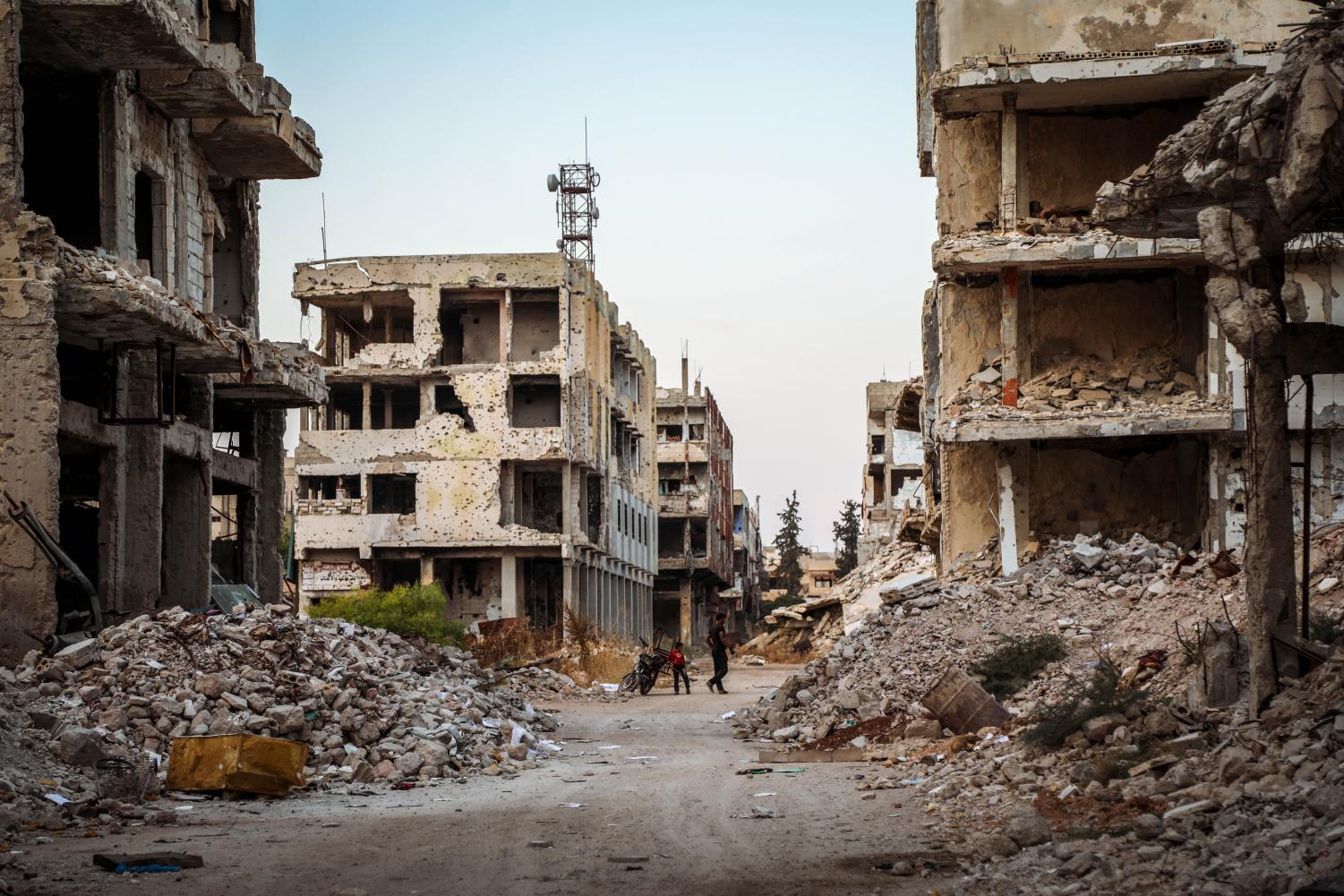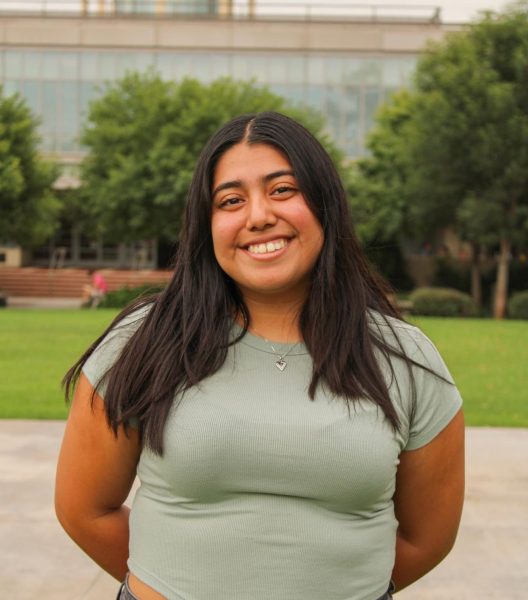Search efforts for survivors in Turkey and Syria continue as both countries grapple with the damage caused by two earthquakes that rocked the Turkey-Syria border on Feb. 6. The first earthquake, a magnitude 7.8 quake which struck in the town of Gaziantep, stretched 62 miles along the fault line, flattening cities and towns in its vicinity. Nine hours later, a second earthquake with a 7.5 magnitude struck near Elbistan.
SEARCH AND RESCUE IN TURKEY AND SYRIA
On Feb. 8, just two days after the earthquakes struck, the death toll was at 15,000. The toll rose to over 40,000 people across both countries in the next six days with Turkey having a total of a little over 35,400 dead. Syria’s toll stood at 5,500. The number was expected to rise as the window for the successful rescue of survivors amidst bitter weather conditions narrows as the days pass.
“Typically, few survivors are pulled out after 72 hours,” Ilan Kelman, professor of disasters and health at University College in London, stated in a CNN article. “Time is always the enemy, as seen in Turkey and Syria. Many die from lacking food and water while awaiting rescue.”
The U.S. White House released a statement from President Joe Biden emphasizing the U.S. government’s participation in ongoing search and rescue initiatives in Turkey.
“Our teams are deploying quickly to begin to support Turkish search and rescue efforts and address the needs of those injured and displaced by the earthquake,” said Biden.
RELIEF AND AID
Syria and Turkey have been receiving aid and relief from multiple governments and organizations. The American Red Cross has been distributing meals and blood supply to those in the affected areas, while the U.S. Government will provide $85 million for shelter, food, medicine and more aid.
Surrounding cities and countries have been part of the efforts in helping the affected areas. The city of Dubai has been offering large amounts of aid and relief through a partnership with the World Health Organization and the United Nations. Dubai, known as one the largest humanitarian hubs in the world, has been “sending planeloads of medicine, infusions for intravenous drips and anesthesia, surgical instruments, splints and stretchers, to help with crushing-type injuries from the earthquake,” according to NPR.
Qatar intends to send mobile hospitality accommodations that were used during the 2021 Fifa World Cup, while the North Atlantic Treaty Organization will provide over 1,000 shipping containers for emergency shelter.
BIOLA RESPONSE
The Biola community united to mourn the events that took place in Syria and Turkey. On Feb. 8, students gathered on Sutherland Lawn to pray over the affected areas and people.
Biola University has not released an official statement in response to the earthquakes.












